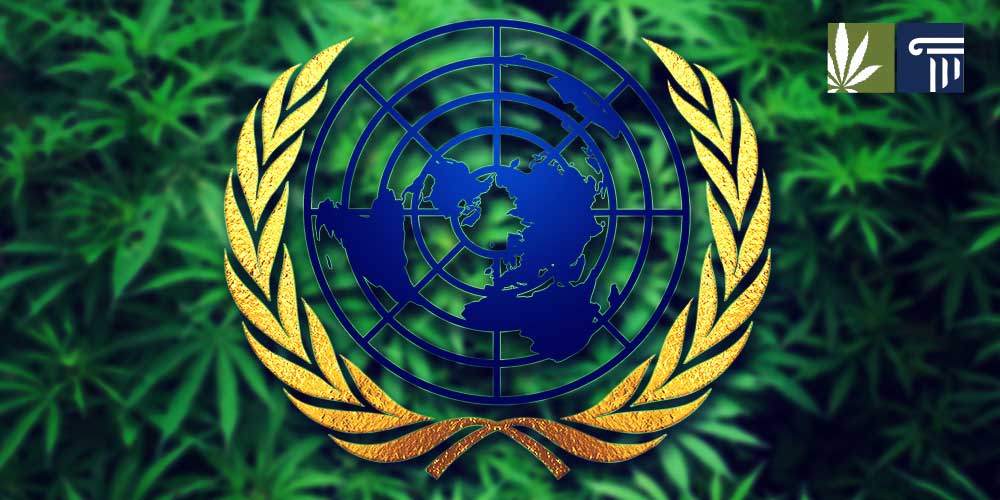The United Nations’ Commission on Narcotic Drugs (CND) unanimously decided on Tuesday to indefinitely postpone a vote on changes to the scheduling of cannabis recommended by the World Health Organization.
WHO recommendation
Earlier this year, the WHO’s Expert Committee on Drug Dependence (ECDD) recommended removing cannabis from Schedule IV of the 1961 Single Convention on Narcotic Drugs. Schedule IV is the most restrictive of all categories and reserved for harmful substances with little to no medicinal or therapeutic value.
The WHO announced these recommendations to the 193 Members of the U.N. in January. They followed a pre-review and review conducted by the ECDD last year that determined cannabis to be “relatively” safe and to have a range of medicinal benefits. Once the vote is eventually held, its outcome will affect cannabis law and policy all around the world.
In a tweet sent on March 19, the CND announced that the decision to delay the vote was “to provide [Member States] with more time to consider the recommendations.” The Committee had already delayed the vote once before, when it decided not to take up the issue at its March 7 meeting in Vienna.
According to a transcript of the meeting, Uruguay representative Diego Olivera expressed disappointment with the delay. Uruguay, along with Canada, has legalized recreational marijuana even though it is in violation of international drug treaties. He urged for a vote to be postponed until the CND’s 62nd Reconvened Meeting in December, which would give Member Nations at least seven more months to consider the WHO’s recommendations.
“At the request of some honorable delegates who manifested that their countries were not in a position to offer an answer, [Uruguay] was forced to agree to postpone,” Olivera said.
“We must keep in mind that [Schedule] IV is the strictest category described in the document, which can restrict the work of scientists who wish to investigate the possible therapeutic effects of the plant,” he added.
The representative of Russia, who is a staunch opponent of rescheduling, described the recommendations by the WHO as “flimsy” and applauded the decision to postpone the vote.
The United States were also in favor of the delay, saying that the recommendations “were transmitted historically late, challenging our capacity to firm up responses from our national authorities. We recommend their postponement to 63rd Session.”
In preparation for the vote, the U.S. consulted the American public on the issue of international cannabis rescheduling in March. Two weeks after the Food and Drug Administration filed a notice in the Federal Register, nearly 2,000 people had responded with a large majority voicing their support for descheduling and legalization of cannabis.






